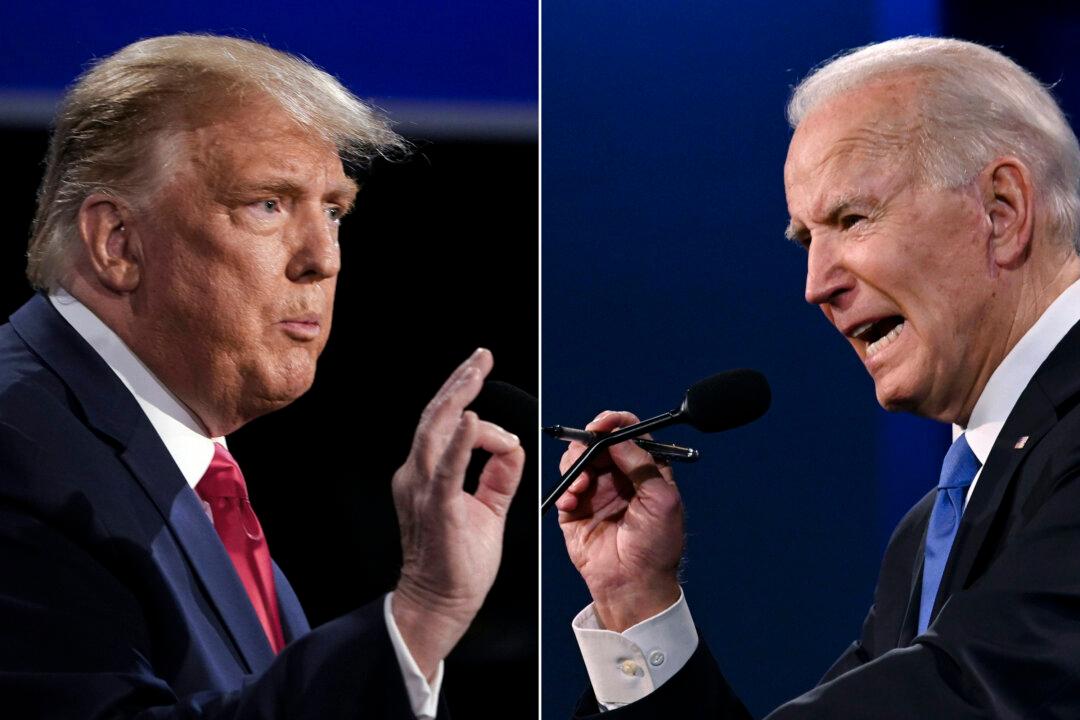President Joe Biden will face former President Donald Trump in the earliest presidential debate in history during an election year, as the window to qualify closed on June 20.
The CNN-hosted event, which will be held in Atlanta on June 27, is the first time that a sitting president will debate a former president. Dana Bash and Jake Tapper will moderate as the two candidates spar on the debate stage for the first time since 2020. No other candidates met the qualification requirements by June 20, the network announced.





